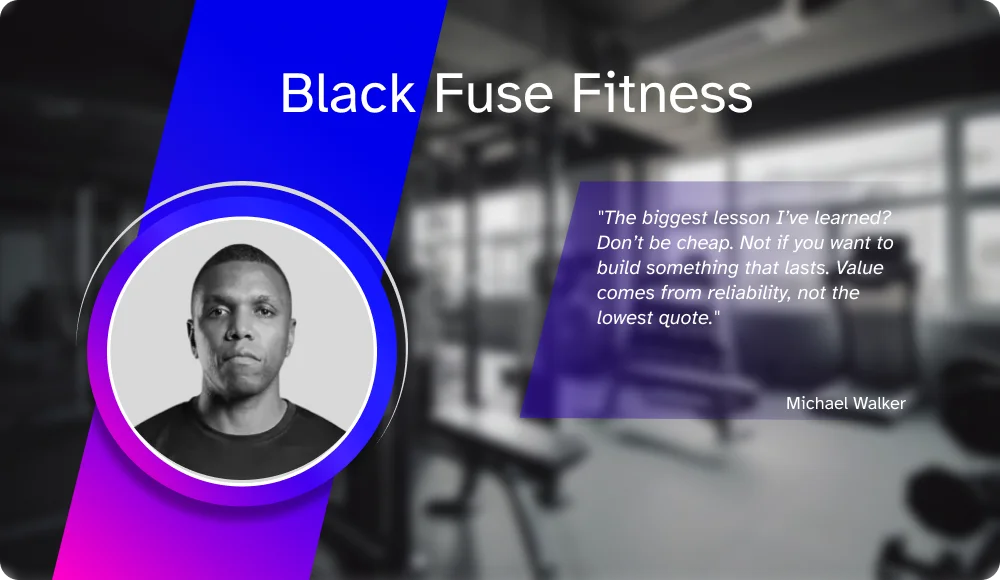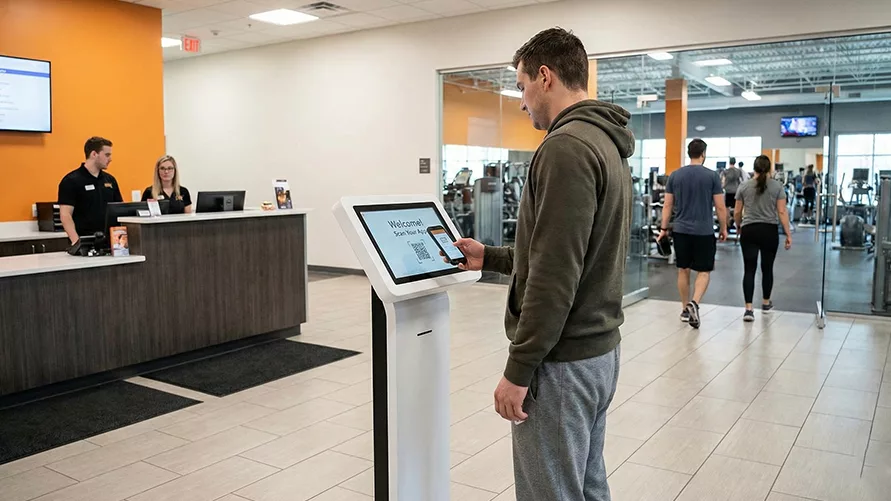The Woodland Highlander Wrestling Club, a volunteer-run team proudly affiliated with USA Wrestling, had finally leapt into the modern age. Payments went digital. No more chasing checks after practice. No more spreadsheets that felt like relics from 2002. Clean, simple workflows for registration, dues, and tournament fees. A win, you might think.
Then came the email.
“In the USA, we can onboard only sole traders/individuals or registered companies.”
That was it.
No follow-up.
No help article.
No “let’s figure this out together.”
The club wasn’t under investigation. There was no suspicious activity. They just didn’t check the right box on a compliance form. They weren’t a business. They weren’t a 501(c)(3) nonprofit either. They were something in between — an informal, community-run program doing good work without recognised structure.

And while that works in the real world, it doesn’t in the world of payments and compliance.
According Rebecca Yousaff on the customer services desk of Wellyx, this de banking problem occurring more frequently now.
“We didn’t have them until six months ago, but now they seem to be cropping regularly up for non profit organisations using Go Cardless.”
“That’s because payment processors and banks aren’t designed to understand intent — only risk. Especially in the U.S., where financial systems are shaped by laws built to combat serious crimes. And the payment provider- Go Cardless – didn’t seem to have anybody in customer service that you could call to find out more. “
This left Woodland Highlander Wrestling Club with something of a payment problem, which we mitigated by offering them some free subscription time, even though it wasn’t really a problem we had created.
GoCardless aren’t tightening rules directly because of the One Big Beautiful Bill Act, the broader regulatory climate it helped intensify is prompting more caution, especially around donation‑like or community-related payment flows. . That increased oversight, combined with growing political pressure and uncertainty following regulatory rollbacks, has driven even smaller fintechs to pre‑emptively tighten AML/KYC standards to avoid scrutiny or reputational risks, making it easier for community businesses to get flagged or “de‑banked” based on their payment behaviors.
So the One Big Beautiful Act effectively intensified the following previous acts.
- The Bank Secrecy Act (BSA) requires institutions to report suspicious activity to deter money laundering.
- The PATRIOT Act expanded those efforts, introducing stricter identity verification and monitoring for terrorist financing.
- OFAC regulations block payments involving sanctioned individuals, organizations, or countries.
- NACHA rules enforce standardization across ACH transfers to limit fraud and abuse.
How to solve the problem.
Rebecca Yousaff says you should try the following things:
“First of all, delete the current payment method and then try re adding it. Sometimes this will solve the problem. However if it doesn’t, then we would suggest adding another payment method.”
“So if you’ve tried using one account in your bank you can try another account in a different bank, and that can also solve the problem. If that doesn’t solve the problem either then you can try using instant payment method like Stripe or PayTab.”
“That will solve the problem, and If this process sounds difficult, we’re always happy to help, ”says Rebecca,
“At Wellyx, we support multiple payment gateways. We believe that your ability to serve your community shouldn’t depend on how your tax status fits into a form. “





